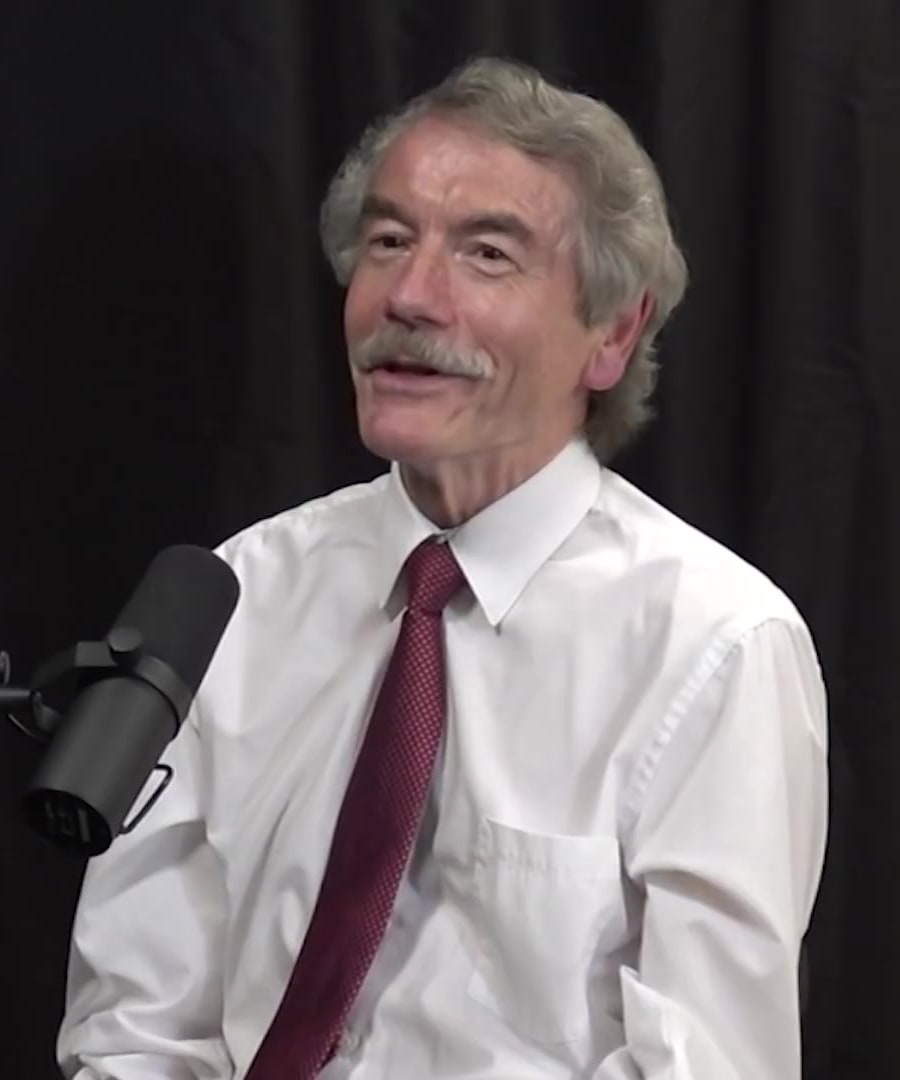How might AI impact religion?
Sources:
The impact of artificial intelligence (AI) on religion is a multifaceted and evolving topic. Here are some key insights on this subject from trusted experts:
-
AI and Consciousness in Religion:
- The creation of AI systems that claim to have a soul or consciousness can challenge traditional religious beliefs about the nature of the soul and the uniqueness of human consciousness. elaborates that if an AI proclaims to have a soul and seeks religious rites like baptism, it could spark significant theological debates and lead to new sects within existing religions or entirely new religious movements 1.
-
AI's Influence on Theological Debates:
- According to , if AI achieves a form of consciousness, it would reveal new aspects of consciousness and thereby influence theological debates about the mind's place in the cosmos. This could lead to discussions about the origin and nature of consciousness from both scientific and theological perspectives 2.
-
AI Reinterpreting Religion:
- Some experts, like , express concerns about AI being used to create or reinterpret religious texts and doctrines. The concern is that AI-driven reinventions of religion might not respect the depth and tradition of ancient texts, potentially leading to new religious movements or altering existing beliefs 3.
-
Practical Religious Applications:
- As noted by , an AI delivering sermons and participating in religious ceremonies could change how religious services are conducted. This could enhance accessibility and offer new ways for people to experience and engage with their faith while also raising ethical questions about authenticity and spiritual leadership 4.
-
Ethics and Morality:
- The infusion of AI into religion also raises profound ethical and moral questions. points out that historical religious debates about the plurality of worlds and the potential existence of other intelligent beings can provide insights into how religions might address AI's emergence. Religious thinkers will need to consider the moral implications of creating AI that potentially possesses intelligence and consciousness 5.
Overall, AI's integration into religious thought and practice could transform theological debates, reshape religious practices, and pose new ethical challenges, compelling religions to adapt to these technological advancements.
RELATED QUESTIONS-



